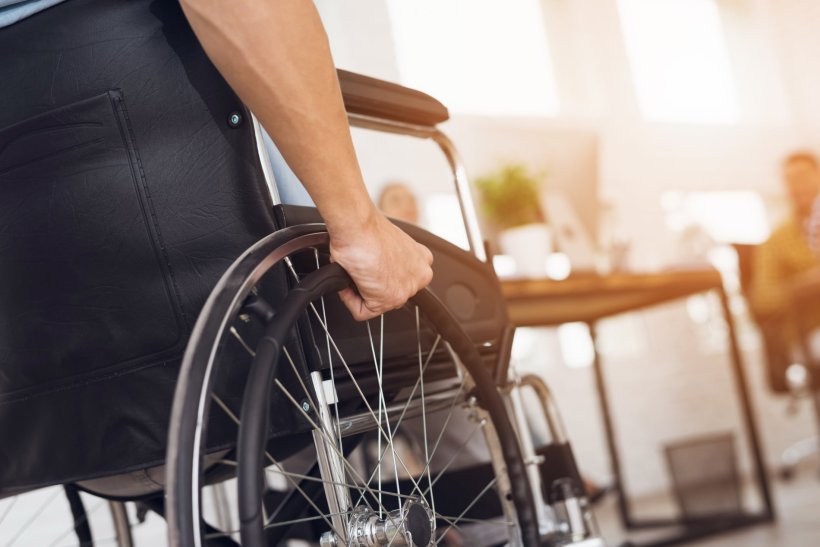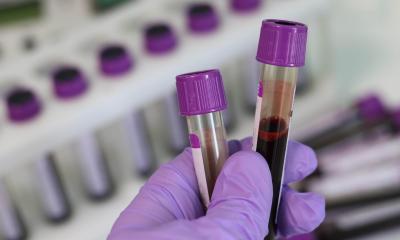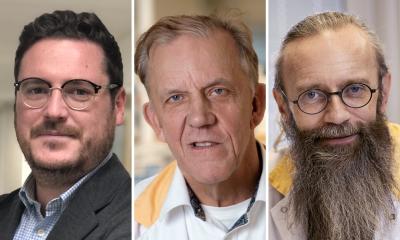
Image source: Adobe Stock/VadimGuzhva
News • Infrastructure project
Improving lab accessibility for people with disabilities
Researchers at the University of East Anglia are launching a project to make laboratories more accessible for people with disabilities.
Around one in five working-age adults have a disability, but under 4% of UK academics working in STEM subjects (science, technology, engineering and maths) are disabled. The UEA team want to better-understand why this disparity exists and find out how laboratories could be more accessible.
This aspect of diversity is often overlooked. There are solvable barriers to working in labs and these negatively impact on the diversity of the scientists working in labs
Katherine Deane
Lead researcher Dr Katherine Deane, from UEA’s School of Health Sciences, said: “When people walk into a building, they assume they will be able to open doors, walk up stairs, or go to the toilet when needed. Unfortunately, disabled people cannot make these assumptions in many buildings, even modern ones. Buildings that house facilities that address more technical needs such as laboratories are often even more inaccessible. We believe scientists who are deaf, disabled or who have long-term illnesses should be able to work in laboratory settings. This aspect of diversity is often overlooked. There are solvable barriers to working in labs and these negatively impact on the diversity of the scientists working in labs. This lack of access means there are too few disabled scientists today, and this reduces the quality and relevance of the science being done.”
The team want to better understand how to design accessible labs and choose the right furniture and equipment. They will also create case studies on how barriers to access can be overcome, and their findings will feed into new disability access guidelines for laboratories. Dr Deane said: “We want to find out how to adapt lab protocols, equipment, working practices, training, and culture to ensure maximum accessibility. We know that lab work needs to be shared with the world, so we will also ask about how to ensure consultations, conferences, publications, and web pages are also accessible,” she added.
The team are looking for disabled people who have worked in a laboratory (either now or in the past), as well as anyone with an interest in making labs more accessible, to take part in an online survey. The survey, which can be accessed here, takes around 20 minutes to complete and closes at 6pm on Friday February 24, 2023.
Source: University of East Anglia
08.02.2023











